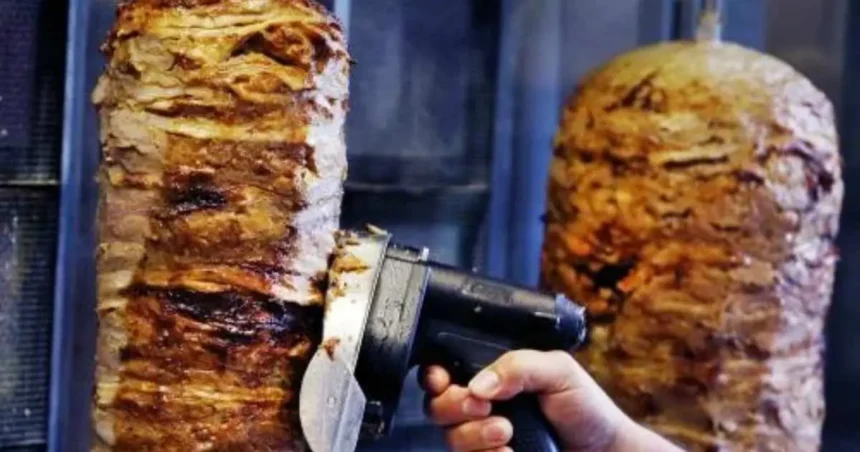Doner kebab EU rules were officially withdrawn this week after strong opposition from shop owners, consumers, and EU officials. The proposal, initially pushed by Turkish representatives, aimed to create strict guidelines for how doner kebab should be prepared across Europe. But resistance from the food industry and policymakers forced Turkey to abandon the plan, leaving the dish free to retain its diversity.
The doner kebab EU rules sparked controversy as they sought to regulate everything from meat quality to seasoning methods. Turkey argued the measure was needed to protect authenticity and consumer health. However, kebab vendors across Germany, France, and the UK said the regulations would destroy regional variations that make the dish beloved.
In Berlin, where doner kebabs are considered a staple, local vendors warned that standardization would strip away creativity. “The doner kebab is about cultural variety,” said one owner. “Doner kebab EU rules would have killed that uniqueness.”
EU lawmakers also questioned the feasibility of monitoring thousands of independent shops. Consumer rights advocates insisted existing safety regulations were enough, while small business associations argued the new requirements would increase costs unnecessarily.
By withdrawing the doner kebab EU rules, Turkey signaled a willingness to avoid confrontation while still promoting the dish as part of its cultural heritage. Analysts say the debate shows how food can become a symbol of identity and diplomacy.
The doner kebab, first popularized in Europe by Turkish immigrants in the 1970s, is now one of the continent’s most consumed fast foods. From Berlin’s iconic döner stands to London’s late-night kebab shops, its success lies in flexibility and local adaptation — qualities that critics say would have been lost under strict regulations.
For now, doner kebab EU rules will no longer threaten the diversity of the dish. Consumers across Europe can continue enjoying their favorite kebabs in all their forms whether spicy, mild, wrapped in pita, or served on a plate with fries.










